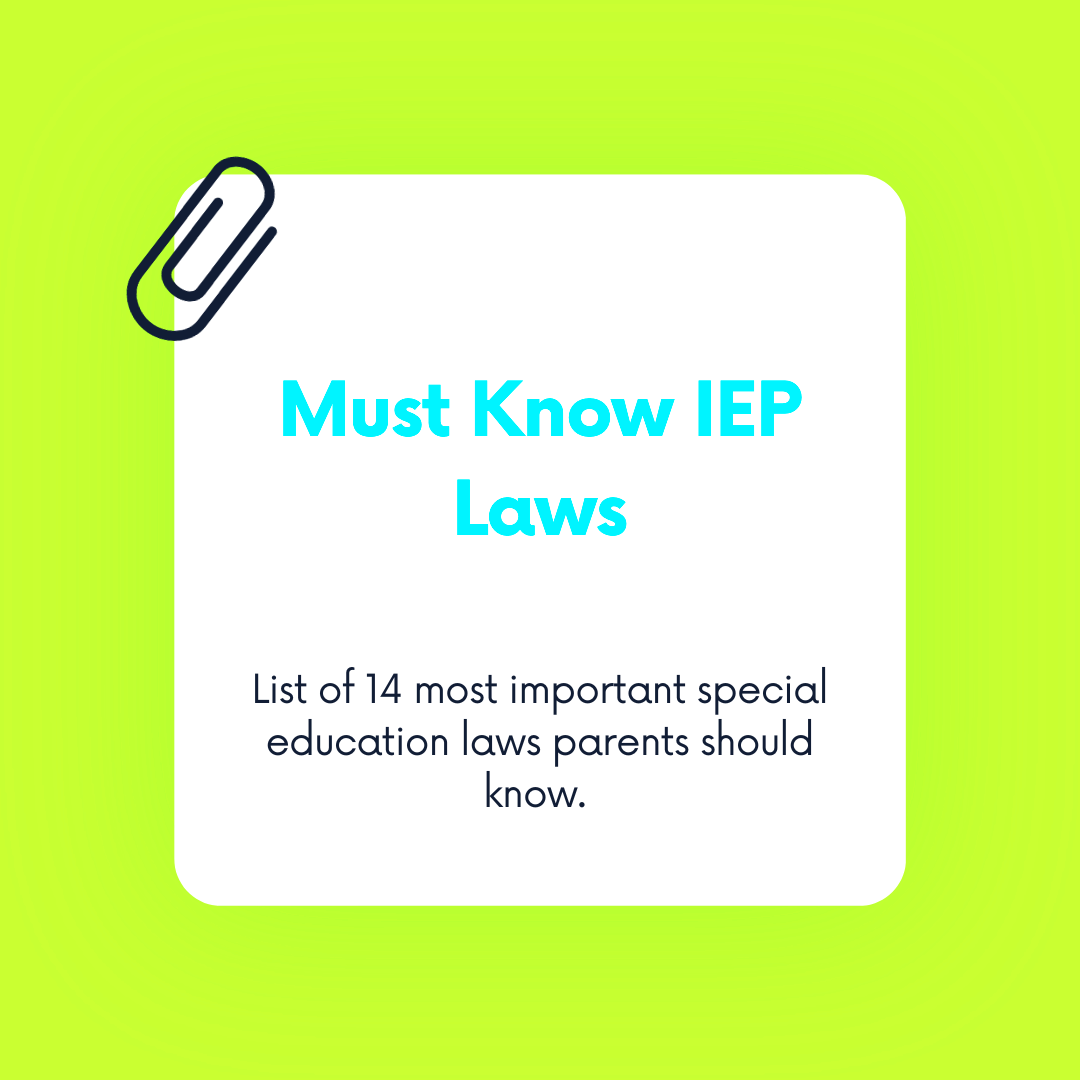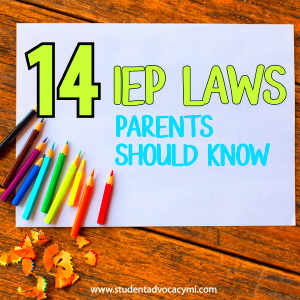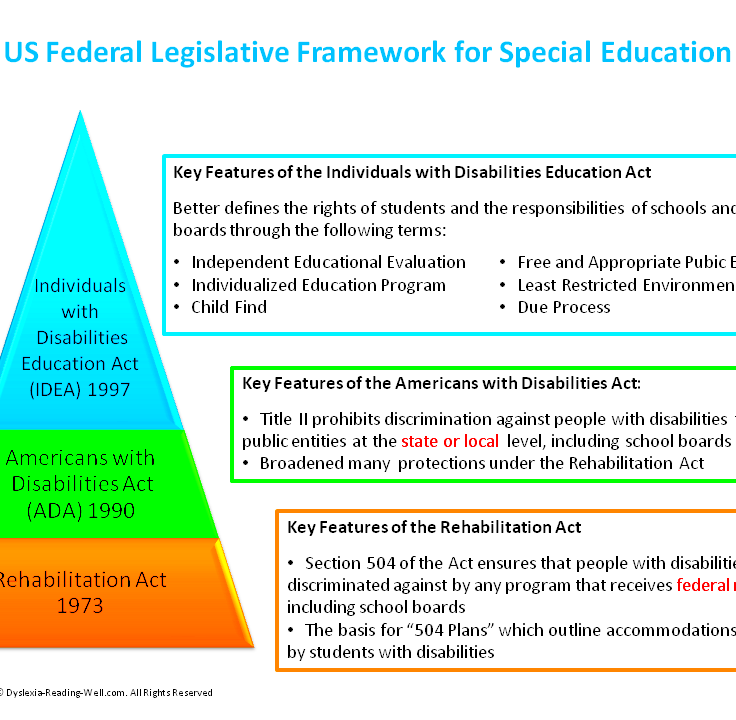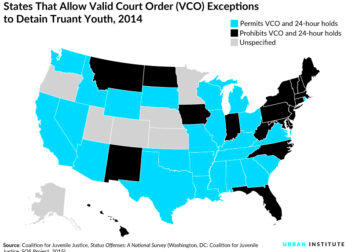Special Education Laws in Michigan and Your Child’s Rights
Special education laws in Michigan are designed to ensure that children with disabilities receive the education they deserve. These laws provide a framework for identifying and addressing the unique needs of each child. They aim to create an inclusive environment where every child can thrive academically and socially. Understanding these laws is essential for parents and guardians, as they play a crucial role in advocating for their children’s rights. Let’s explore the key components of these laws and how they benefit children with disabilities in Michigan.
Understanding the Individuals with Disabilities Education Act

The Individuals with Disabilities Education Act (IDEA) is a federal law that governs special education services. It mandates that public schools provide free and appropriate education to all children with disabilities. Here are some essential aspects of IDEA:
- Free Appropriate Public Education (FAPE): Every child has the right to receive an education at no cost.
- Individualized Education Program (IEP): Schools must develop an IEP tailored to the child’s unique needs.
- Least Restrictive Environment (LRE): Children should be educated alongside their peers to the maximum extent possible.
- Parental Involvement: Parents have the right to participate in decisions about their child’s education.
IDEA ensures that children with disabilities are not left behind and have access to the resources they need for success in school.
Eligibility Criteria for Special Education Services

To qualify for special education services in Michigan, a child must meet specific eligibility criteria. Understanding these criteria is vital for parents seeking support for their children. The following are the primary categories under which a child may qualify:
| Disability Category | Description |
|---|---|
| Autism Spectrum Disorder | Challenges in communication and social interaction. |
| Learning Disabilities | Difficulties in processing information, affecting academic performance. |
| Emotional Disturbance | Exhibiting emotional or behavioral issues that impact learning. |
| Intellectual Disability | Significantly below-average intellectual functioning. |
| Speech or Language Impairment | Difficulties in communication that affect educational performance. |
Once a child is identified as needing special education services, schools will conduct evaluations to determine the appropriate support and services required. It’s important for parents to be proactive in seeking evaluations and advocating for their child’s needs.
Creating an Individualized Education Program
An Individualized Education Program (IEP) is a crucial document that outlines the specific educational goals and services for a child with disabilities. The IEP is tailored to meet the unique needs of the child and is developed by a team that includes educators, parents, and other professionals. Here’s what you should know about the IEP process:
- Initial Assessment: Before creating an IEP, schools conduct a thorough evaluation to determine the child’s needs.
- IEP Team: The team typically includes parents, teachers, special education professionals, and sometimes the child. Everyone’s input is valuable.
- Goals and Objectives: The IEP should have clear, measurable goals that focus on the child’s academic and functional needs.
- Services Provided: It specifies the special education services, support, and accommodations the child will receive.
- Review Process: IEPs are reviewed at least once a year to ensure that the child is making progress and that the goals remain relevant.
Creating an effective IEP is a collaborative effort that requires communication and commitment from all parties involved. When everyone works together, children have a better chance of succeeding in school.
Parental Involvement in Special Education
Parental involvement is a cornerstone of successful special education programs. Parents are often the best advocates for their children and play a critical role in the IEP process. Here are some ways parents can get involved:
- Attend IEP Meetings: Being present at meetings ensures that parents can voice their concerns and preferences.
- Stay Informed: Learning about special education laws and the IEP process empowers parents to make informed decisions.
- Communicate Regularly: Establishing open lines of communication with teachers and school staff helps parents stay updated on their child’s progress.
- Provide Insights: Parents can share valuable information about their child’s strengths, weaknesses, and interests, which helps tailor the educational experience.
- Seek Support: Joining parent advocacy groups or seeking guidance from organizations can provide additional resources and encouragement.
When parents actively participate, children benefit from a more supportive and effective educational environment. Your involvement can make a significant difference!
Rights of Children with Disabilities
Children with disabilities in Michigan have specific rights designed to protect their educational opportunities. Understanding these rights is essential for parents and guardians. Here are some key rights:
- Right to Free Appropriate Public Education (FAPE): Every child has the right to a free and suitable education that meets their unique needs.
- Right to Non-Discrimination: Schools cannot discriminate against children based on their disabilities.
- Right to Parental Involvement: Parents have the right to participate in the development of their child’s IEP and decision-making processes.
- Right to Privacy: Children’s educational records and personal information must be kept confidential.
- Right to an Advocate: Parents can seek support from advocates or legal counsel to help navigate the special education system.
These rights ensure that children with disabilities have equal access to education and the support they need to succeed. If you believe your child’s rights are being violated, it’s important to take action and seek assistance.
Dispute Resolution Processes
Disputes can sometimes arise in special education regarding a child’s IEP, services, or rights. Fortunately, there are established dispute resolution processes in Michigan to help resolve these conflicts. Understanding these options can empower parents and guardians to advocate effectively for their children. Here are the primary methods:
- Informal Resolution: Start by discussing concerns directly with the school staff. Often, open communication can lead to a quick resolution.
- Mediation: This is a voluntary process where a neutral mediator helps both parties discuss their issues and find common ground. It’s an excellent way to foster cooperation.
- Due Process Hearing: If mediation doesn’t work, parents can request a due process hearing. This formal legal procedure allows both sides to present evidence and arguments. A hearing officer makes a decision based on the information presented.
- State Complaint: Parents can file a complaint with the Michigan Department of Education if they believe the school has violated special education laws. The state will investigate the issue and determine if further action is needed.
Knowing your options can help you navigate disputes effectively. It’s always best to approach conflicts calmly and seek a resolution that prioritizes your child’s educational needs.
Frequently Asked Questions
Here are some common questions parents have about special education laws and processes in Michigan:
- What is an IEP? An Individualized Education Program outlines the specific educational goals and services for a child with disabilities.
- How can I request an evaluation for my child? You can request an evaluation by contacting your child’s school and providing written consent.
- Can parents participate in IEP meetings? Yes! Parental involvement is crucial, and parents have the right to attend and contribute to IEP meetings.
- What should I do if I disagree with the IEP? If you disagree, start by discussing your concerns with the school. If that doesn’t work, consider mediation or a due process hearing.
- Are special education services available in private schools? Yes, children with disabilities in private schools may be eligible for certain services under specific conditions.
These FAQs can help clarify some common concerns. Don’t hesitate to ask more questions and seek the information you need!
Conclusion and Next Steps
Understanding special education laws in Michigan is vital for advocating for your child’s rights and needs. By knowing the key components, from the IEP process to your child’s rights, you can play an active role in their education. Here are some steps you can take moving forward:
- Stay Informed: Keep learning about special education laws and updates that may affect your child.
- Engage with School Staff: Maintain open communication with your child’s teachers and school personnel.
- Advocate for Your Child: Be proactive in requesting evaluations and services that meet your child’s needs.
- Seek Support: Don’t hesitate to reach out to local organizations or advocacy groups for assistance.
- Monitor Progress: Regularly review your child’s IEP and academic performance to ensure they are on track.
Your involvement can make a significant difference in your child’s educational journey. By taking these steps, you can help ensure they receive the support they deserve!


